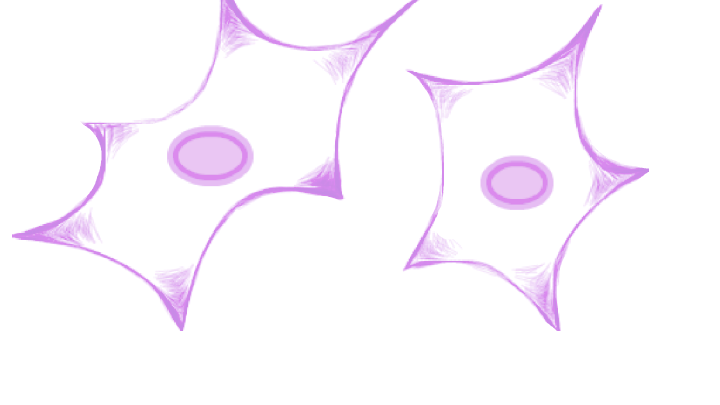| Process: |
GO:6355; regulation of transcription, DNA-templated
GO:6915; apoptotic process
GO:45892; negative regulation of transcription, DNA-templated
GO:45893; positive regulation of transcription, DNA-templated
GO:51262; protein tetramerization
GO:7219; Notch signaling pathway
GO:6357; regulation of transcription by RNA polymerase II
GO:32502; developmental process
GO:122; negative regulation of transcription by RNA polymerase II
GO:1501; skeletal system development
GO:1736; establishment of planar polarity
GO:1738; morphogenesis of a polarized epithelium
GO:1942; hair follicle development
GO:2064; epithelial cell development
GO:6338; chromatin remodeling
GO:7283; spermatogenesis
GO:7389; pattern specification process
GO:7499; ectoderm and mesoderm interaction
GO:7568; aging
GO:7569; cell aging
GO:8283; cell population proliferation
GO:8284; positive regulation of cell population proliferation
GO:8544; epidermis development
GO:9887; animal organ morphogenesis
GO:9913; epidermal cell differentiation
GO:9954; proximal/distal pattern formation
GO:10259; multicellular organism aging
GO:10481; epidermal cell division
GO:10482; regulation of epidermal cell division
GO:10838; positive regulation of keratinocyte proliferation
GO:30154; cell differentiation
GO:30216; keratinocyte differentiation
GO:30326; embryonic limb morphogenesis
GO:30850; prostate gland development
GO:30855; epithelial cell differentiation
GO:30859; polarized epithelial cell differentiation
GO:31069; hair follicle morphogenesis
GO:33147; negative regulation of intracellular estrogen receptor signaling pathway
GO:35115; embryonic forelimb morphogenesis
GO:35116; embryonic hindlimb morphogenesis
GO:36342; post-anal tail morphogenesis
GO:42475; odontogenesis of dentin-containing tooth
GO:42771; intrinsic apoptotic signaling pathway in response to DNA damage by p53 class mediator
GO:43281; regulation of cysteine-type endopeptidase activity involved in apoptotic process
GO:43589; skin morphogenesis
GO:45617; negative regulation of keratinocyte differentiation
GO:45747; positive regulation of Notch signaling pathway
GO:45944; positive regulation of transcription by RNA polymerase II
GO:48485; sympathetic nervous system development
GO:48646; anatomical structure formation involved in morphogenesis
GO:48807; female genitalia morphogenesis
GO:51402; neuron apoptotic process
GO:60197; cloacal septation
GO:60513; prostatic bud formation
GO:60529; squamous basal epithelial stem cell differentiation involved in prostate gland acinus development
GO:61436; establishment of skin barrier
GO:98773; skin epidermis development
GO:1904674; positive regulation of somatic stem cell population maintenance
GO:1904888; cranial skeletal system development
GO:2000381; negative regulation of mesoderm development
GO:2001235; positive regulation of apoptotic signaling pathway
GO:45669; positive regulation of osteoblast differentiation
GO:2000271; positive regulation of fibroblast apoptotic process
GO:6974; cellular response to DNA damage stimulus
GO:2000773; negative regulation of cellular senescence
GO:1902808; positive regulation of cell cycle G1/S phase transition
GO:7049; cell cycle
|
